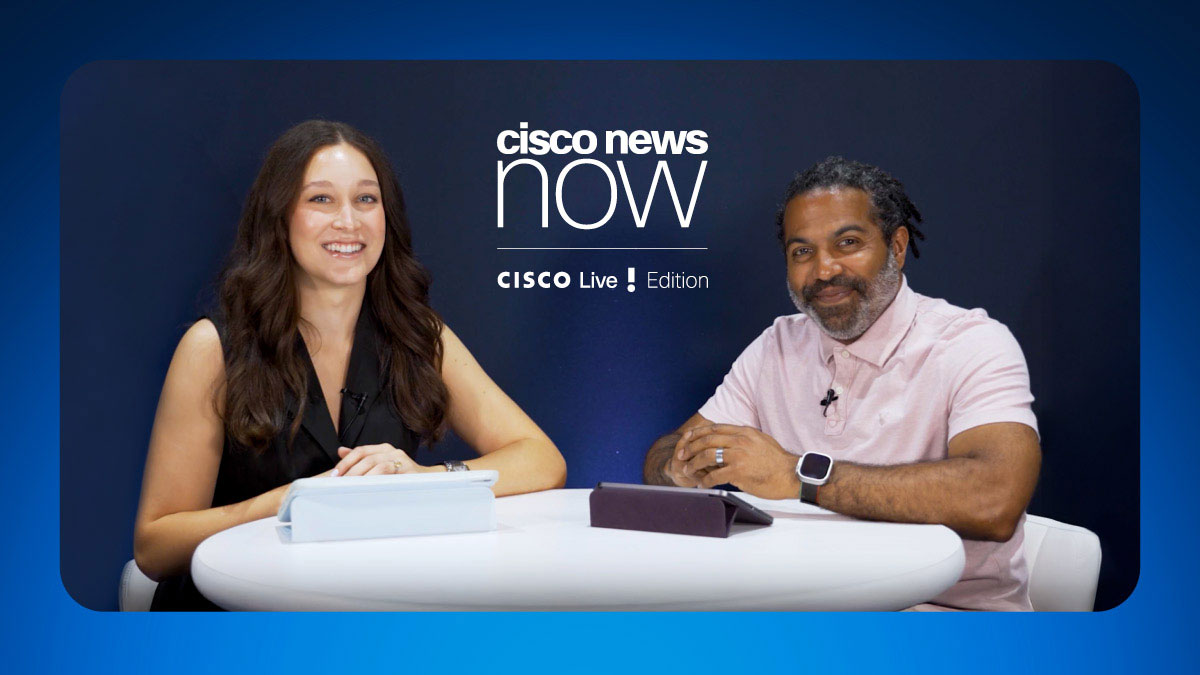SAN JOSE, Calif., November 1, 2001 - Vovida.orgTM, a communications community web site and unit of Cisco Systems, Inc., which provides a forum for open source software, today announced that a number of VoIP developers have expanded reliance on open source code available from the site in order to achieve shorter development cycles. This allowed them to deliver solutions faster to their datacom and telecom customers, thereby improving their ability to meet customer needs and strengthen their bottom lines.
Dialpad Communications, Inc., has been working with Vovida.org software to deliver the new Microsoft XP PC to Phone service to its customers on Genuity's Cisco Powered Network. Dialpad's application, a SIP-H.323 translation system, includes open source code provided by the Vovida Open Communications Applications Library (VOCAL) system. By using the VOCAL code, Dialpad saved months of development time ensuring that their product was ready for the Microsoft release date.
Cathay Networks, Inc., built a large-scale IP to PSTN call-routing system on top of VOCAL components and is developing carrier-class VoIP solutions for residential and business users. Cathay has made numerous contributions back to Vovida.org, including a high capacity load generator.
Jasomi Networks, Inc., incorporated portions of VOCAL into its advanced inter-carrier peering and NAT traversal products. Of particular interest to Jasomi was the availability of VOCAL's highly correct protocol stack implementation, which accelerated interoperability test cycles and reduced their time-to-launch by several months.
"Vovida.org will continue to maximize the power of open source software and accelerate the development of innovative VoIP features, applications and services," said Luan Dang, co-founder of Vovida.org, and director of engineering at Cisco Systems, Inc. "We believe this will enable service providers to more quickly bring revenue-generating services to market, and improve their bottom line."
Vovida.org also has attracted contributions from several other different sources, including First Virtual Communications, Corp. (formerly CUseeMe), which contributed the Win32 port for the SIP stack. Tangerine, Inc. provided development partnership for software design and support packages for the Vovida SIP, MGCP and RTP protocol stacks. VoiceAge Corp. provided the "Open G.729 (A) Initiative" - a developer's version of the G.729 (A) codec software that can be used for product development and non-commercial purposes. This contribution from VoiceAge widened the Vovida.org appeal by generating discussions on the open H323.org mailing list and between others who might not have had any previous knowledge of the site.
Vovida Networks, Inc., which was acquired by Cisco Systems, Inc. in November, 2000 developed VOCAL, software that enables a core network to support a VoIP system. From inception, VOCAL has been available through a BSD-style, open source license at Vovida.org. Since the code was made available, there have been more than 5,200 downloads of the VOCAL software application to major businesses, educational institutions and individual developers all over the world.
When Cisco Systems acquired Vovida Networks, Inc., the company also acquired Vovida.org. As interest in this community site continues to grow, Cisco is providing funding and technical expertise to help it reach its full potential. Today, Vovida.org hosts a variety of open source software applications, protocol stacks and Voice over Internet Protocol (VoIP) related projects.About Vovida.org
Vovida.org is a communications community site providing a Linux- and Solaris-based complete open sourced communications system (VOCAL), developmental protocols including MGCP, RTP, RTSP, SIP, COPS, RADIUS, OpenOSP and TRIP, and links to Open Source information sites. http://www.vovida.org/



